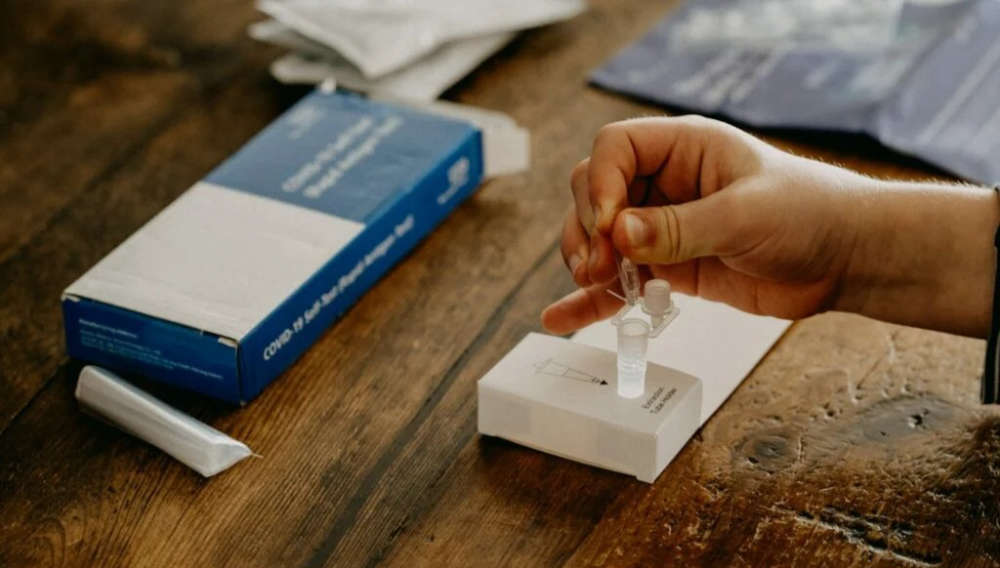
Fewer people now experience severe illness due to COVID-19 & treatments for those who need them & the risk of hospitalisation has decreased overall. This means we are now able to further bring our testing programmes in line with management of other viral infections whilst still maintaining focus on those at highest risk to protect them from the virus.
Changes to coronavirus testing came into effect this week to ensure that testing continues to focus on those at highest risk.
Lateral flow devices (LFD) have proven to be effective, rapid and safe, and they are increasingly being used within the NHS instead of PCR (polymerase chain reaction) testing.
Under the new changes, testing, using LFD tests, will continue for:
people in the community and residents in care or other high-risk settings, if they have symptoms and are eligible for COVID-19 treatment, to enable rapid access to treatment
some NHS staff with symptoms working on inpatient wards with severely immunosuppressed patients
staff with symptoms who work in hospices
all patients being discharged from hospitals into care settings
some hospital patients with symptoms, where needed to inform decisions such as ward transfers
outbreak testing in the NHS, care settings, hospices, including prisons and places of detention, homelessness and refuge settings and asylum settings
PCR testing will continue to be used by the NHS for diagnosis where needed for patients before accessing COVID-19 treatment.
However, routine testing has now ended for:
routine asymptomatic testing, including testing on admission, for staff and patients across all health and social care settings, including hospitals and care homes
routine symptomatic testing of staff and residents in care settings
all PCR testing outside NHS settings
Dame Jenny Harries, Chief Executive of UKHSA said:
“Fewer people now experience severe illness due to COVID-19, due to vaccinations, infection-related immunity and treatments for those who need them and the risk of hospitalisation has decreased overall. This means we are now able to further bring our testing programmes in line with management of other viral infections whilst still maintaining focus on those at highest risk to protect them from the virus.
“COVID-19 and other respiratory illnesses haven’t gone away and simple actions, like washing your hands and staying at home and avoiding vulnerable people when unwell, can make a big difference. For those at highest risk of severe illness, the spring booster programme also provides an opportunity to keep immunity topped up.”

 Devon MP says pharmacy staff ‘begging for pay’
Devon MP says pharmacy staff ‘begging for pay’
 Devon councils announce proposal for new local government structure for the county
Devon councils announce proposal for new local government structure for the county
 Lib Dems challenge own potential parking charge hikes
Lib Dems challenge own potential parking charge hikes
 Village complains over police response to playpark damage
Village complains over police response to playpark damage












